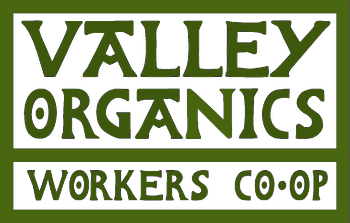elevenses ~ Colombia Sugar Cane Decaf Coffee Beans 200g
Roasted in small batches by a Calder Valley roaster, this coffee has flavour & aroma notes of chocolate, sweet pastry, butterscotch, almond & vanilla... with the addition of pink grapefruit & white grape as the coffee cools.
Country: Colombia
Region: Various
Process: Washed
Decaffeination Process: Sugar Cane
Varietals: Bourbon, Caturra & Typica
Altitude: 1200-2000 metres above sea level
The sugar cane decaffeination process originated in Colombia, where sugar cane grows in abundance. It is managed on Colombian coffee farms or processing stations, rather than exporting beans to decaffeination plants based in Mexico, the USA or Canada. Therefore, supply chain costs & environmental impact are reduced and farmers receive a larger share of the profits.
The advantage to the consumer is a decaf coffee that retains its inherent flavours, plus an enhanced sweetness; unlike other decaffeination methods that often leave the coffee tasting mild or flat.
The sugar cane decaffeination process is labeled as “naturally decaffeinated” as it utilizes the naturally occurring compound, ethyl acetate (EA). Ethyl acetate is derived from molasses, which is a byproduct of sugar production.
Sugar Cane Decaffeination Process:
1. The green (unroasted) coffee beans are steamed for 30 minutes before the decaffeination process begins. The steaming is low-pressure, so the pores of the coffee open, thus allowing the extraction of caffeine.
2. The beans are then immersed in a solution of EA and water, the EA binds with the caffeine and separates it from the bean.
3. Once the beans reach the ideal level of saturation, the solution tank is emptied and refilled with a fresh EA solution. This process is repeated several times until the beans are sufficiently decaffeinated.
4. The beans are then steamed to remove all traces of EA.
5. The decaf beans are dried, polished to ensure they stay clean, and packaged for distribution.








